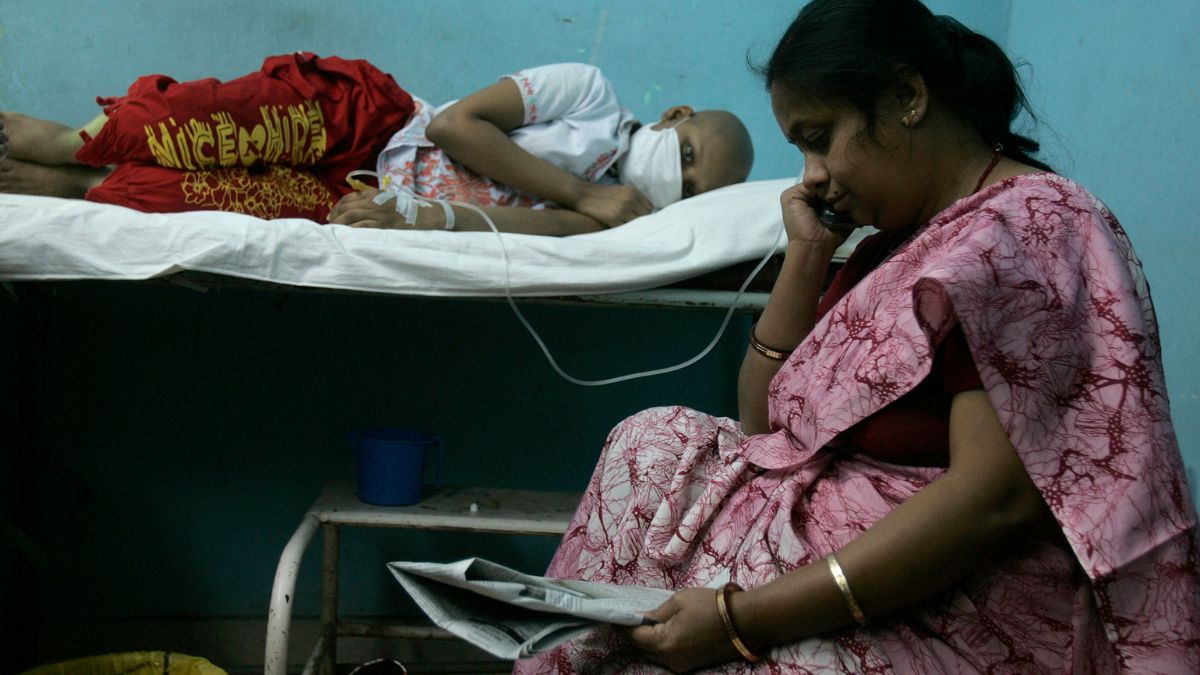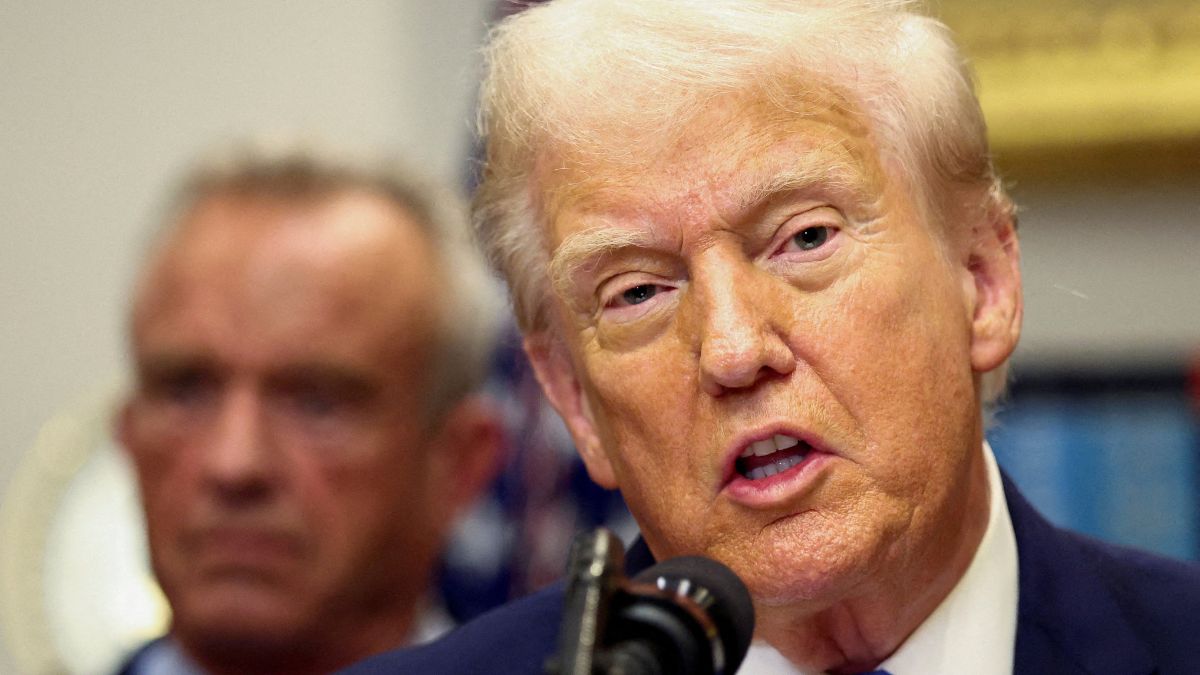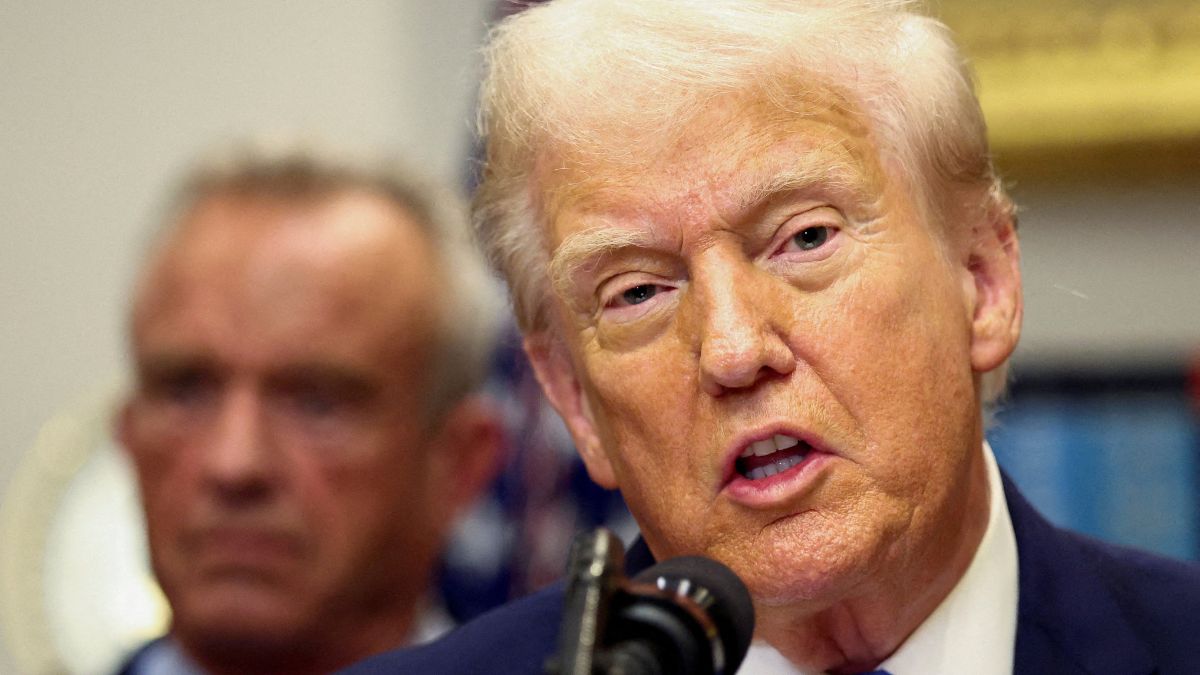Between 1990 and 2023, cancer cases and deaths rose in India whereas decline was observed elsewhere in the world, such as in the United States and China, according to a study.
In the 33-year period, cancer cases in India rose by 26 per cent from 84.8 per 1 lakh population to 107.2 in 2023, the study led by Dr Lisa Force of the Institute for Health Metrics and Evaluation (IHME), University of Washington, found, according to The Times of India.
In the same period, however, cancer cases declined by 19 per cent and 20 per cent in China and the United States respectively and deaths from cancer fell by 43 per cent in China and 33 per cent in the United States, the study found.
The reason behind such a success is strong tobacco control, universal vaccination, and organised screening in these two countries, Dr Abhishek Shankar, radiation-oncologist at AIIMS Delhi, told ToI.
India has lagged behind because of persistently high risk factors, such as the use of tobacco and prevalence of obesity and infections, coupled with limited access to early detection from screening, according to Shankar.
4.3 mn cancer deaths attributable to behaviour
In 2023, as many as 4.3 million cancer deaths were a result of modifiable risk factors, according to the study.
In the context of cancer mortality, ‘modifiable risk factors’ refer to behaviours that increase a person’s risk of developing and dying from cancer. Public health intervention can bring down cancer deaths in such cases. For example, ‘modifiable risk factors’ include tobacco use (such as smoking), alcohol consumption, obesity, exposure to ultraviolet rays, and infections like HPV. Public health intervention can reduce if not entirely prevent these things.
Impact Shorts
More ShortsThe ToI reported that the study suggested that evidence-based strategies like HPV and Hepatitis-B vaccination, mammography, lung cancer screening with low-dose CT, and colonoscopy screening, and timely treatment remain uneven or inadequate in India.
“For India to reverse its trajectory, we must urgently strengthen risk prevention strategies, expand evidence-based screening programmes and integrate cancer care into its universal health coverage agenda,” Shankar told the newspaper.


)

)
)
)
)
)
)
)
)



